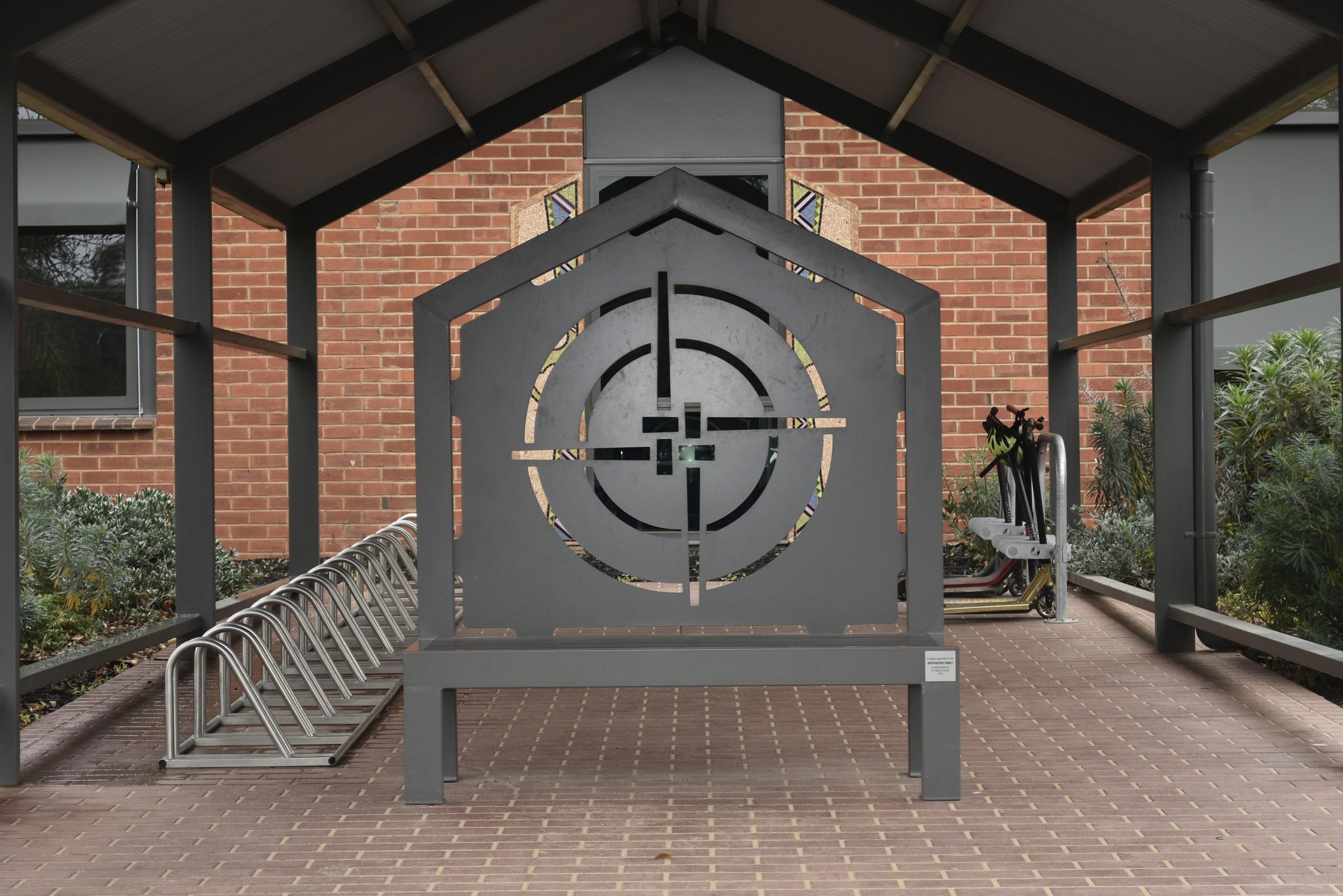Catholic Identity
Leader: Katie Rasmussen

Catholic Identity
Leader: Katie Rasmussen


The motto "Strength and Kindliness" is more than just words; it is the foundation of our community and reflects our commitment to the values that define us.
Strength represents inner resilience, courage, and the ability to face challenges with determination. It is not just about physical power but also about mental and emotional fortitude. We encourage our students to be confident, stand up for what is right, and tackle obstacles head-on.
Kindliness embodies compassion, empathy, and a genuine concern for others. It encourages students to be kind-hearted, supportive, and respectful, fostering a community where everyone feels valued and cared for.
These core values are deeply rooted in the Brigidine heritage. St Brigid of Kildare, the patroness of the Brigidine order, exemplified these principles through her unwavering faith, strength of character, and deep compassion. She dedicated her life to helping the poor, healing the sick, and spreading kindness. The Brigidine Sisters, who founded our school, have instilled these values in our community, creating a nurturing and supportive environment for all.
By upholding "Strength and Kindliness," we honour the legacy of St Brigid and the Brigidine Sisters, striving to develop well-rounded individuals who are strong in character and kind in heart. Together, we continue to build a school community where everyone can grow, thrive, and make a positive impact.


By Fr Andrew Hamilton SJ
In his June prayer intention for migrants fleeing their homes, Pope Francis asks us to think about the individuals, not the big picture.
When asking for prayers for people who have fled from their homes, Pope Francis does not specifically mention refugees. He certainly has them in mind when he speaks of those who have been ‘forced to undertake journeys full of danger and violence’ which take them to other countries. Not all, however, would fit the legal definition of refugees.
Pope Francis typically focuses on persons and not on the categories into which we place them. The experience of fleeing from war and hunger which drive them from home is traumatic for all human beings, whether we call them refugees or not, and doubly so when they find no hospitality at the end of their journey.
This prayer intention invites us to take our attention away from the big abstractions of war and its supposed justifications, and from refugee policy and its exclusions. We are instead to focus on the human experience of the people in Gaza and other nations who have fled death and homelessness, have often lost children, been wounded, and now face starvation, lack of medicine and new fears of attack, and are excluded from their own country and from neighbouring nations. We may be able to do little to relieve their suffering. To pray for them, however, keeps them in our hearts, minds and conversations, and perhaps may also flow into the policies of our government.
Pope Francis invites us also to let the eyes of our heart dwell on Myanmar where so many people are homeless in civil war, and on Sudan. We have given shelter to so many people from Sudan, and their children delight us with their skills in football games and in athletics. Now up to nine million Sudanese people have been displaced by civil war, relying on the hospitality of people equally stressed and fearing starvation and violence. It is impossible to imagine such a large number of people made homeless. To dwell in prayer on the images that we see in the news, however, may help us enter their experience and long to change it.
We might dream that the dusty and ill-fed children whose pictures we see will grow up after being given opportunities to follow their dreams. Those of us fortunate enough to be friends of people who have had to flee will be familiar with the horrors of violence, hunger and fear that they have known. We will also have wondered at the extraordinary generosity of so many people whom they have met on their way, and how they have nurtured resilience and hope in the most difficult of times. We cannot but hope that their brothers and sisters fleeing from their homes in their own land will also find hospitality in our nation.
Refugees are commonly seen as a problem. They are not a problem, but persons who have great problems. To live fully human lives they call for our attention, our understanding, our compassion and our generosity. For Christians these responses flow out of and into prayer.
Fr Andrew Hamilton SJ is an editorial consultant at Jesuit Communications
Catholic Social Teaching (CST) is rooted in Scripture, formed by the wisdom of Church leaders, and influenced by grassroots movements. It is our moral compass, guiding us on how to live out our faith in the world.
The CST principles which inspire our work are:
Our faith calls us to love God and to love our neighbours in every situation, especially our sisters and brothers living in poverty. Following in the footsteps of Christ, we hope to make present in our unjust and broken world, the justice, love and peace of God.

